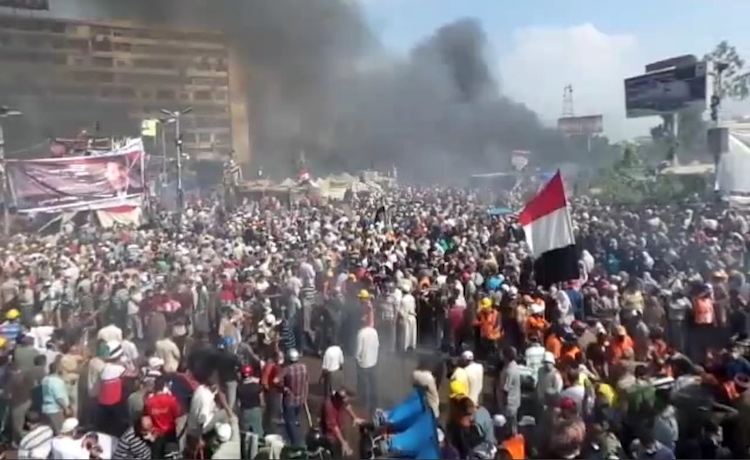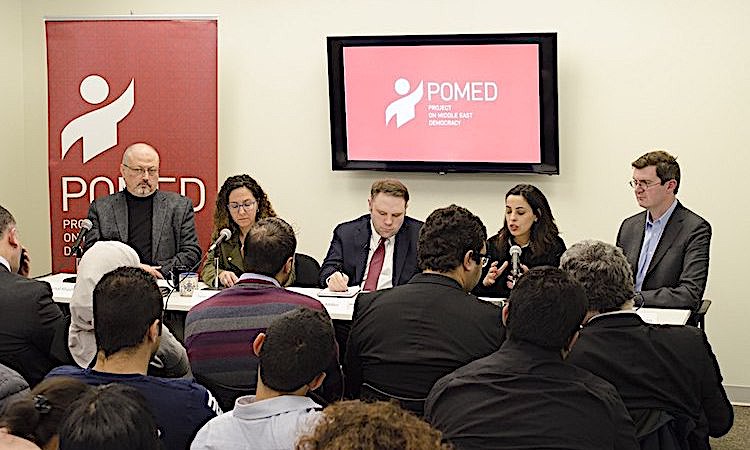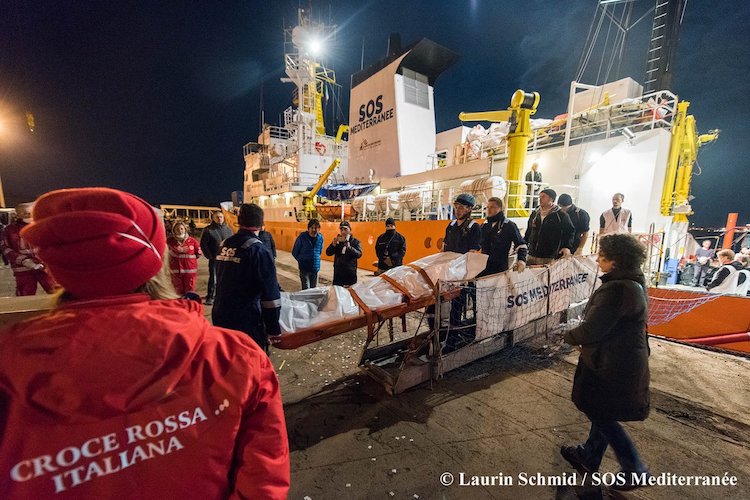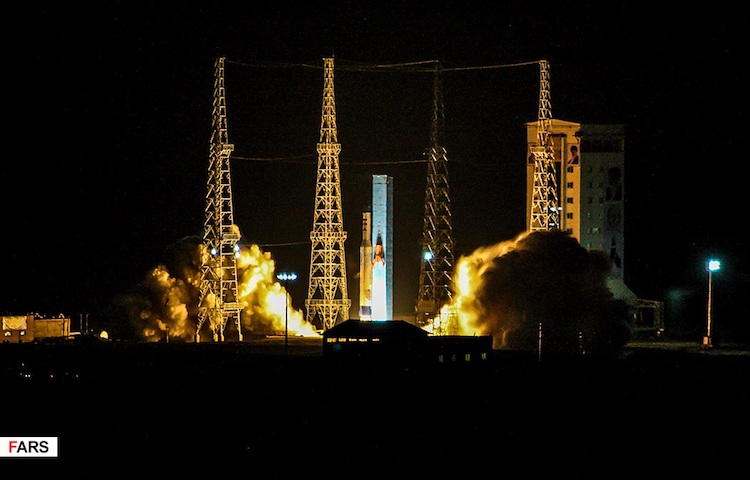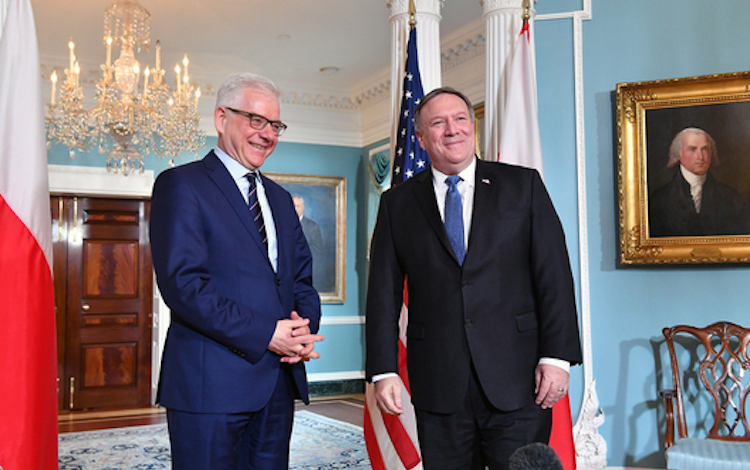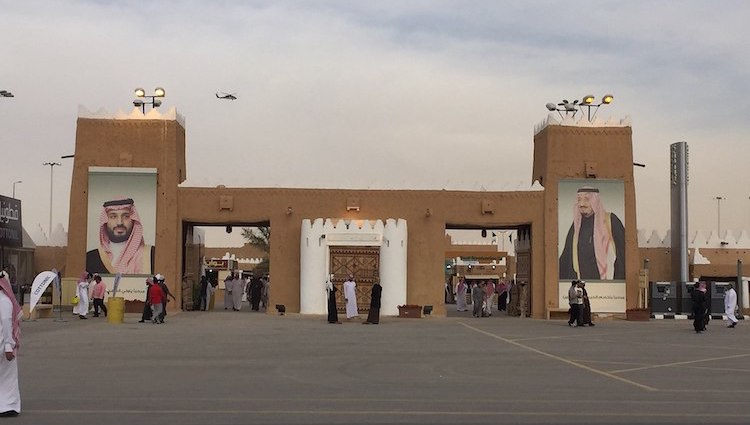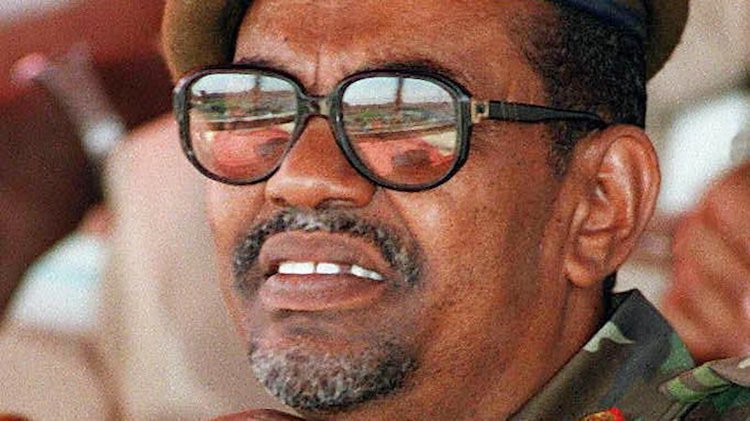By Lisa Vives, Global Information Network NEW YORK (IDN) – Egyptian ex-president Mohammed Morsi, persecuted by the current military regime according to rights activists, collapsed on the stand and died after giving testimony in his trial, the state TV reported. Morsi, 67, had been speaking from the glass “cage” where he was confined during sessions. […]
Fighting in Tripoli Throws Refugees Out of the Frying Pan into the Fire
By Klara Smits BRUSSELS (IDN) – Multiple independent sources report that at least three people were killed and around 20 injured in an attack on the Qasr bin Ghashir detention centre in southern Tripoli. The attack seemed specifically aimed at the refugees and migrants in the centre, according to witnesses who say that the rebel […]
New Attempt to Tackle Nuclear Proliferation Threat in the Middle East
By Santo D. Banerjee NEW YORK (IDN) – A conference on the establishment of a Weapons of Mass Destruction-Free Zone (WMDFZ) and a Nuclear Weapons-Free Zone (NWFZ) in the Middle East appeared to have been consigned to oblivion until the First Committee of the United Nations General Assembly (UNGA) decided in December 2018 “to entrust […]
UN Expert Demands from Saudi Arabia Public Trials of Khashoggi’s Accused Killers
By Jamshed Baruah GENEVA (IDN) – Six months after veteran Saudi journalist and Washington Post columnist Jamal Khashoggi was killed at the Saudi consulate in Istanbul, the United Nations Special Rapporteur on extrajudicial, summary or arbitrary executions has in a report criticised Riyadh’s closed-door trials of accused killers, which have thus far fallen short of […]
Europe’s Invisible Wall Whets Human Trafficking
By Klara Smits BRUSSELS (IDN) – After his visit to Austria, Libya’s foreign minister Mohammed Sayala told the Kuwaiti News Agency on January 31 that Libya’s southern borders have now become Europe’s borders. Illegal migration could not be stopped at the Mediterranean Sea, he argued. Therefore, he promised that on the February 20, Libya will […]
Morocco’s Indigenous People Cry For Sustainable Development
By Peter J. Jacques The writer is a Professor of Political Science at the University of Central Florida in Orlando, USA. He recounts what Indigenous Amazigh people told him during field work in the High Atlas Mountains of Morocco. ORLANDO (IDN) – Life and death for whole communities hang in the balance of achieving the […]
New U.S. Report Focuses On Possible Future Iranian ICBM
By Arms Control Association WASHINGTON, DC (IDN-INPS) – On January 17, the Trump administration unveiled its Missile Defense Review, which outlines the administration’s strategy to counter missile threats, focusing on those posed by “rogue states” defined as Iran and North Korea. The review cites Iranian missile development as a primary challenge, repeatedly referencing the possibility […]
EU, Iran Not Amused By U.S. Middle East Summit In Poland
By Robert Johnson BRUSSELS (IDN) – Nearly four months after the U.S. Department of State released on the eve of the Islamic Revolution’s 40th anniversary a 48-page report ‘Outlaw Regime: A Chronicle of Iran’s Destructive Activities’, Secretary of State Mike Pompeo has made a much frowned upon announcement that an international summit on the security […]
The U.S. Is Apparently At The Mercy Of Saudi Arabia
Viewpoint by Jonathan Power* LUND, Sweden (IDN-INPS) – Crown Prince Mohammed bin Salman remains at large, the unapologetic murderer (according to the CIA) of the respected dissident journalist, Jamal Khashoggi. Even though President Donald Trump came close to accusing him of the deed, he has pulled back, citing Saudi Arabia’s importance as an oil producer […]
Sudan Leader Faces Calls For Removal As Price Of Bread Spikes
By Lisa Vives, Global Information Network NEW YORK | KHARTOUM (IDN) – In the face of a growing movement of Sudanese opposition, protesting rising costs of bread and other essentials, security forces of the government of President Omar al-Bashir moved forcefully on December 25 to end the demonstrations using tear gas, night sticks and live […]

